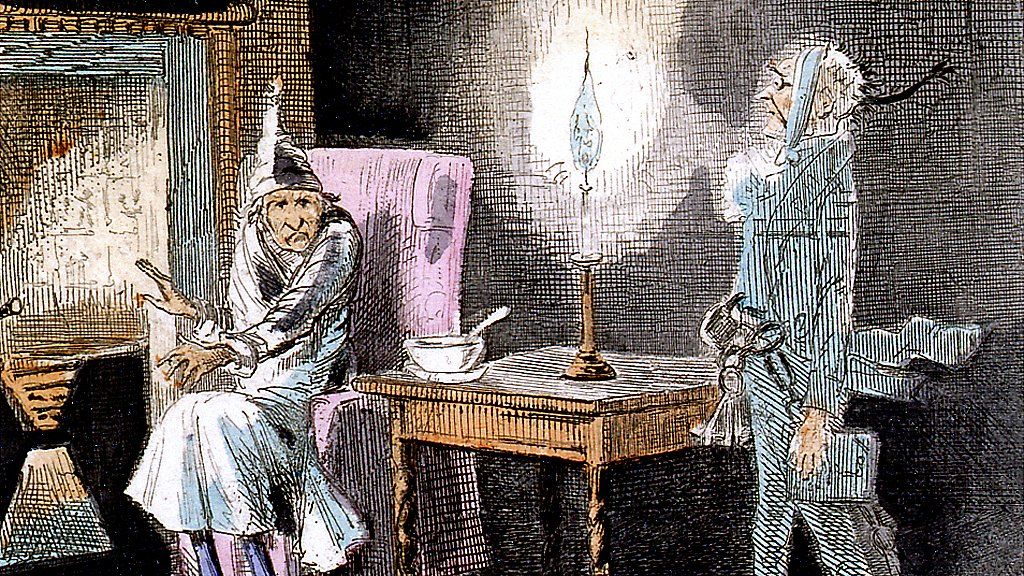Setting Up a Tutoring Business in 2024 – Step 1: The Why?
Leave a CommentSo, You’re Considering Setting Up a Tutoring Business?
With plenty of head-scratching questions filling your head, potential knots in your stomach and friends, family, and colleagues questioning your sanity…
It makes complete sense to do some research!
But where do you begin? You’re probably eager to see how to price up your services and bag your first paying tutee. However, it’s important to take a sensible approach and reflect on one simple question:
Why are you looking to set up a tutoring business?
The “Why” To Setting Up Your Own Tutoring Business
If you’re reading this article, there’s a good chance you are considering opting for a different career path to the one that you’re currently on. Whether that is leaving the teaching profession, entering the education sector for the first time, or simply wanting to gather inspiration for setting up a small business to call your own, the chances are your current job isn’t quite fulfilling your needs.
So, why consider setting up a tutoring business? That’s really what you, and only you, need to answer. Nobody else will know exactly how your current circumstances are influencing your feelings and decisions.
Helping To Answer Your Why
Let’s have a look at some of the common reasons to enter the tuition game and hopefully provide you with more answers than questions!
We each have our own perspective on life. On how we should manage our work-life balance and how we would ideally like to spend our valuable time.
If you’re looking to start a tutoring business to have more free time, then you’re in for a shock! Of course, it all depends on your current workload, what your expectations are going into this process and how big (or small) you want your potential empire to be.
Like any other start-up, a serious amount of time and effort needs to go into the early stages. Especially to get things off the ground initially. Plus, learning things that may be completely alien to you – such as business taxes and registering a company – takes time. Gov.uk is a great place to start. However, if you’re already familiar with that sort of jargon (or do friends’ tax returns as a hobby) then you can discount some of this time. However – if you have never run a tutoring business before, you’ll still need to dedicate a period of time to better understanding the profession. You will want to consider it’s need in your local area, the size of the opportunity in your location (unless you’re considering online tuition, which somewhat negates this) and the business model you intend to follow.
“I want to be my own boss!” – a great idea in practice, but have you considered the implications involved with being the boss? Whether you plan on being a solopreneur or scale up to a full-blown operation consisting of hundreds of employees, the major decisions, headaches, and angst will rest on your shoulders. It’s not all doom and gloom of course. Ultimately, you’re in charge (to as much of an extent as is possible) of your professional fate. You get to decide who to hire and fire. You get to decide what the company culture will grow in to. And you get to pick the subjects and services that are offered to your students.
Are you perhaps looking to move away from the ironically playground-esque staffroom politics within your current teaching role? It’s certainly a good enough reason to leave, but is it the reason for setting up a tutoring business? If you want to avoid the drama, but remain in education, would supply work offer a better solution?
Found Your Answer?
Hopefully by reading till this point, you have made some progress with reflecting on your why. Don’t be too stressed if you feel no further to discovering your why – there is no right or wrong answer. Besides, it doesn’t need to be a defined mission statement with which to base your entire business plans around.
Make sure that, when you have identified your ‘why?’, it is strong enough to make the plunge worthwhile. There is nothing worse than dipping your toes in, failing, and then berating yourself for your business’ shortcomings.





